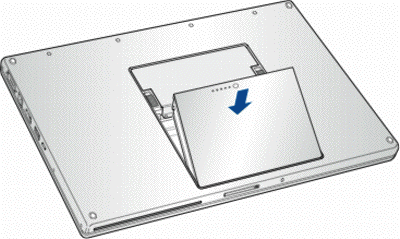
I removed the SSD from the old MBP and replaced the original iMac HDD with the SSD. Fast forward 2 years to 2012, and I finally replace the MBP with a used 2010 iMac I found on Craigslist. Installed it on the MBP, and any desire of wanting to buy a new machine vanished the improvement was that good. Instead, I went all in on an SSD since I got a good Black Friday deal. I was going to replace my 2006 MBP in 2010 when a friend of mine recommended looking into a hybrid SSD/HDD drive which were just entering the market. Anyhow, a 2.5" SSD with an SATA3 interface is going to have its peak data speed capped by the interface - if you really do need maximum MB/s (and you probably don't) then it may be time to invest in a new iMac with a PCIe SSD.Īs if you haven't had enough encouragement to install an SSD, I'll add mine. No need to pay top dollar to upgrade a 2011 computer. High peak data rate is good but the night-and-day improvement you see with an SSD in general use largely comes from the improved seek times - and any half-decent SSD offers an order-of-magnitude improvement in seek times over a spinning HD. editing 4k or larger video, or doing serious multi-track audio) the only real consideration is what the price-per-gigabyte is like compared to current models. Generally, though, if you want to squeeze a few more years out of a 2011-era Mac, an SSD is worth every penny.Īs for the Samsung 950 Evo/Pro - unless you're doing something very specifically dependent on high data throughput (e.g. You can get an idea by looking at Activity Monitor while doing something that slows your Mac down: if the CPU usage is high, but the Disk tab isn't showing a lot of activity and the Memory tab isn't showing much swap use or high memory pressure (it will always show most of the memory as 'used' - ignore that) then it may be the CPU holding things up. If the bottleneck really is the CPU, though, a SSD won't help that much.

As you'll see from this thread, the impact on general performance and "snappiness" can be surprising, and most people agree that adding a SSD gives a machine a new lease of life.



If anything is using virtual memory - and causing memory to be swapped to disc and back - that will benefit. The things that really speed up are anything that accesses a lot of different files at the same time - such as booting up, launching applications. I wouldn't guarantee that it would make a big difference to the Geekbench score (it might).


 0 kommentar(er)
0 kommentar(er)
